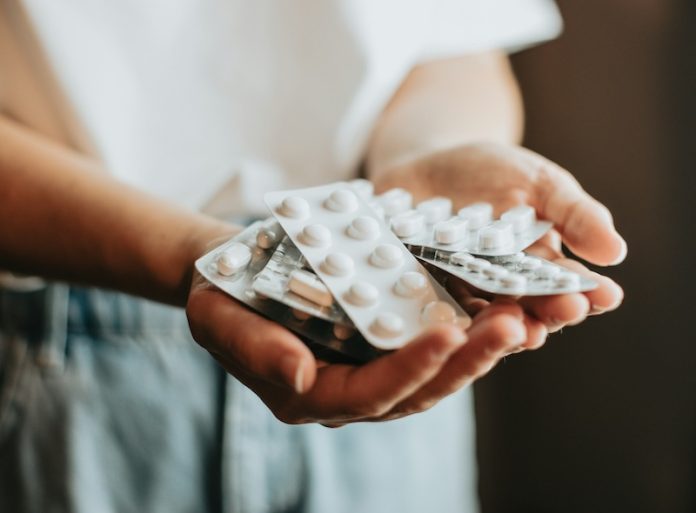
High blood pressure, also called hypertension, is a serious health issue that affects millions of people worldwide. It happens when the force of blood pushing against the walls of the arteries is too strong for too long. Over time, this extra pressure can damage blood vessels and increase the risk of heart disease, stroke, kidney problems, and even vision loss.
Managing high blood pressure usually involves a mix of healthy lifestyle habits—like eating well, staying active, and managing stress—and taking medications if needed.
But a recent study from Harvard University has uncovered a hidden problem: some people with high blood pressure may be taking medications for other conditions that actually raise their blood pressure even more.
The study, led by Dr. Timothy Anderson and published in JAMA Internal Medicine, looked at data from the National Health and Nutrition Examination Survey. The researchers found that about 1 in 5 adults with high blood pressure—or 18.5%—were also taking medications known to raise blood pressure.
These medications included:
- Antidepressants, such as venlafaxine and tricyclic antidepressants
- Non-steroidal anti-inflammatory drugs (NSAIDs), like ibuprofen and naproxen
- Steroids, such as prednisone
- Hormonal medications, including birth control pills and hormone replacement therapy
- Decongestants, like pseudoephedrine and phenylephrine (often found in cold and allergy medicines)
- Weight-loss pills, such as phentermine
The study found that people who took these medications were more likely to have uncontrolled high blood pressure, especially if they were not on medication to lower it. Even those who were taking blood pressure-lowering medication often needed higher doses if they were also taking other drugs that raised their blood pressure.
This is an important finding because many of these medications are commonly used, and some are available without a prescription. People may not realize that their cold medicine, pain reliever, or antidepressant could be making their blood pressure worse.
The risk becomes even greater when patients are seeing different doctors for different conditions, and no one is keeping track of the full list of medications they are taking.
That’s why it’s so important to talk to your doctor or pharmacist about all the medications and supplements you take—even the ones that seem harmless. If you have high blood pressure, ask your doctor whether any of your current medications might be affecting it. In some cases, safer alternatives may be available.
In addition to reviewing your medications, making lifestyle changes can go a long way in helping to control blood pressure. Here are some simple steps:
- Eat a heart-healthy diet: Focus on fruits, vegetables, whole grains, lean proteins, and low-fat dairy. Cut back on salt, added sugar, and processed foods.
- Exercise regularly: Aim for at least 30 minutes of moderate activity most days of the week, such as brisk walking or cycling.
- Reduce stress: Practices like yoga, meditation, or deep breathing can help calm the mind and lower blood pressure.
- Avoid smoking and limit alcohol: Both can raise blood pressure and harm your heart over time.
Keeping blood pressure in a healthy range is one of the best things you can do for your long-term health. This study is a reminder that even medications meant to help in one area can sometimes cause problems in another.
By working closely with your healthcare team and staying informed, you can create a plan that supports both your blood pressure and your overall well-being.
For those interested in natural options, some studies suggest that beetroot juice and certain plant nutrients may also help lower blood pressure. Scientists are also exploring the best times to take blood pressure medicine and developing new treatments that could offer more support in the future.
If you care about blood pressure, please read studies about how diets could help lower high blood pressure, and 3 grams of omega-3s a day keep high blood pressure at bay.
For more health information, please see recent studies about how tea and coffee influence your risk of high blood pressure, and results showing this olive oil could reduce blood pressure in healthy people.
Copyright © 2025 Knowridge Science Report. All rights reserved.



